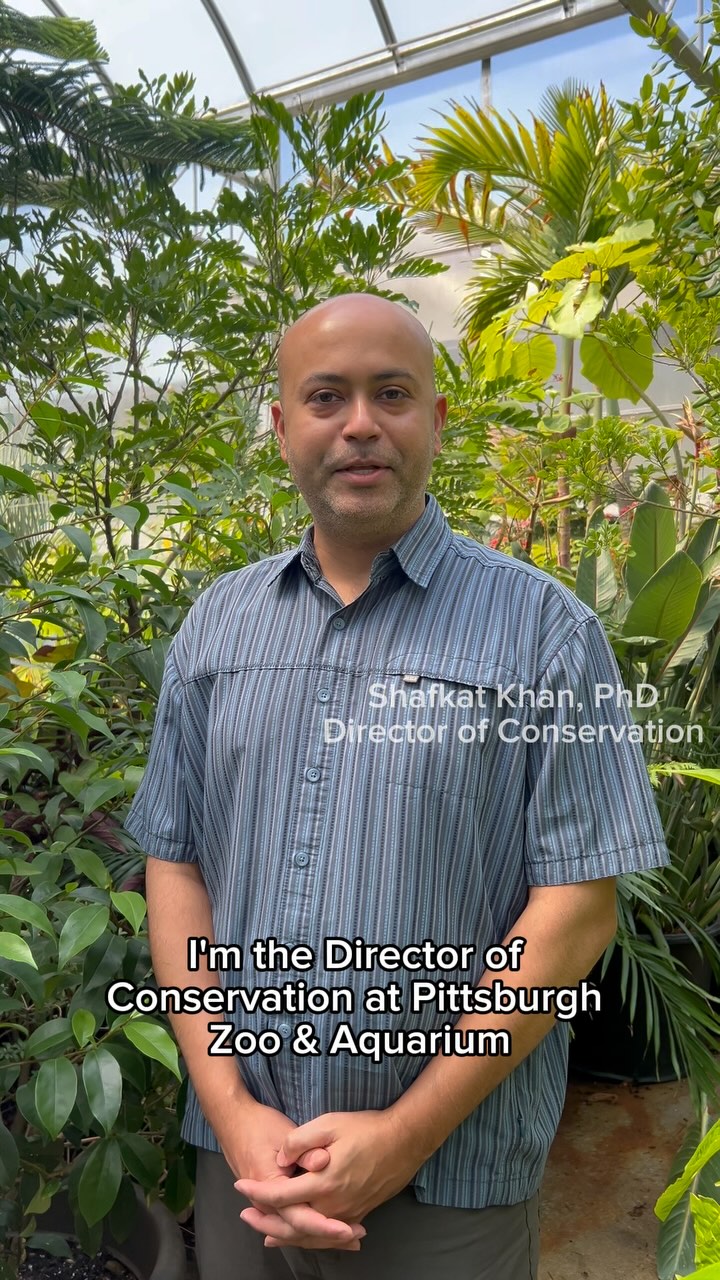- Creating biodiversity-friendly spaces in your garden or small planters can support native wildlife and plants.
- Participating in workshops like the Living Landscapes Workshop offers practical guidance on supporting local ecosystems.
- Understanding the role of native species in local habitats is crucial for conservation efforts.
- Engaging in events such as the Party for the Planet raises awareness and encourages community involvement in ecological initiatives.
- Incorporating native plants into your garden can significantly benefit pollinators, birds, and other wildlife.
Creating biodiversity-friendly spaces in your garden or small planters can provide a refuge for native wildlife and enhance ecological stability in urban environments. By incorporating native plants into your outdoor spaces, you foster a habitat that can support a multitude of organisms, from pollinators to birds and small mammals. The presence of native flora ensures that these organisms thrive, as these plants are adapted to the local environment, offering food and shelter effectively.
Native plants play a pivotal role in sustaining local ecosystems. Unlike ornamental species, native plants have evolved to withstand local climate conditions and pest pressures, making them resilient and low-maintenance options for gardeners. They form symbiotic relationships with native fauna, providing essential resources such as nectar, pollen, and seeds. Additionally, native plants help maintain soil health and water quality by preventing erosion and reducing the need for chemical fertilizers and pesticides.
Participating in educational workshops like the Living Landscapes Workshop can equip you with the tools and knowledge necessary to effectively support your local ecosystem. These workshops provide valuable insights into selecting appropriate native species for your area and understanding their ecological roles. By attending, you can learn sustainable gardening practices that promote biodiversity and contribute to conservation efforts within your community.
Understanding the role of native species in local habitats is fundamental for conservation. Native species serve as a foundation for biodiversity, supporting intricate food webs and ecological processes. They offer vital ecosystem services, such as pollination, seed dispersal, and pest regulation. By preserving native species and their habitats, we help maintain the delicate balance required for ecosystem function, which directly impacts global biodiversity and environmental health.
Engaging in events like the Party for the Planet can enhance community involvement and raise awareness of ecological concerns. Such events create opportunities for individuals to participate in group activities focused on sustainability and environmental stewardship. Community involvement is essential for spreading knowledge and cultivating a shared responsibility for the planet’s health. These activities foster a sense of unity and cooperation, inspiring collective action towards a more sustainable future.
Incorporating native plants into your garden can significantly benefit pollinators, birds, and other wildlife. Pollinators, such as bees and butterflies, rely on native flowers for nectar and act as critical players in plant reproduction. Birds benefit from native plants as they offer food and nesting resources. Small adjustments in gardening practices can create a haven for wildlife, transforming ordinary spaces into thriving ecosystems.
The process of enhancing your garden to foster native wildlife involves thoughtful planning and commitment. Begin by researching which plants are native to your area and how they benefit local fauna. Consider incorporating a mix of flowering plants, bushes, and trees to provide varied resources throughout the year. This diversity in plant life not only supports wildlife but also adds to the aesthetic value of your garden.
Participating in local environmental initiatives can also bolster your efforts to create a richer habitat for native species. Community-driven projects often provide resources and expertise that can be invaluable for adopting sustainable practices. Joining forces with neighbors who share your commitment can amplify the positive impact on your local environment, creating a network of habitats that facilitate wildlife movement and genetic diversity.
Ultimately, every action taken to support native species in your yard or planters contributes significantly to broader conservation goals. As awareness and participation grow, individual efforts collectively aid in reversing biodiversity loss and protecting vital ecosystems. By embracing the principles of ecological gardening, you not only create an inviting environment for wildlife but also enrich your own experiences and connections with nature.
Through strategic planning and community engagement, it is possible to make substantial contributions to conservation efforts and support the survival of native species. These efforts are critical for the health of our planet and future generations, underscoring the importance of preserving nature’s rich tapestry. By participating in initiatives like the Living Landscapes Workshop and events like the Party for the Planet, individuals can become proactive stewards of the environment and inspire others to follow suit.
*****
Source Description
Interested in making your yard (or even small planter) a welcoming space for native species? Join us for our Living Landscapes Workshop after a host of celebrations this Saturday, April 26. We can’t wait to see you all for our Party for the Planet!


